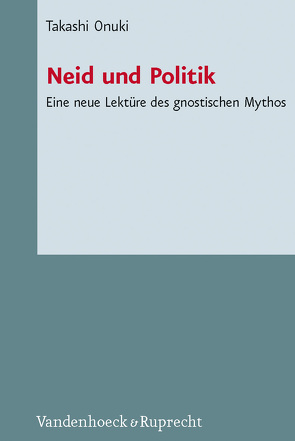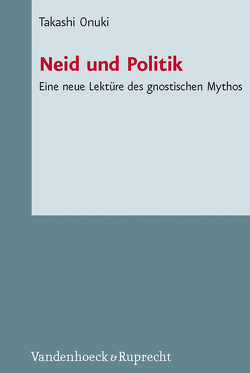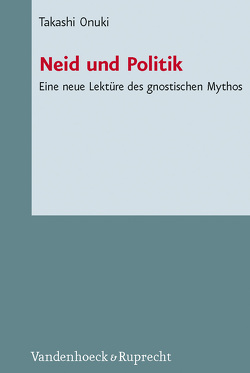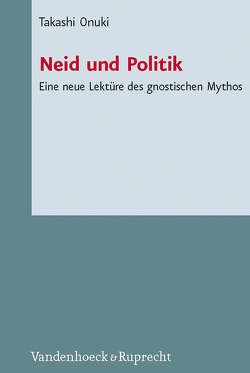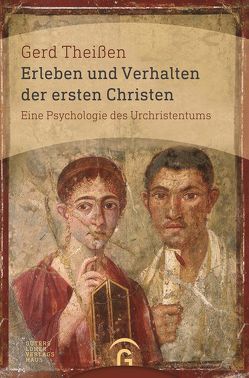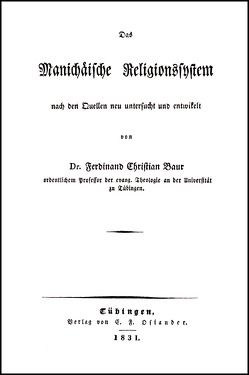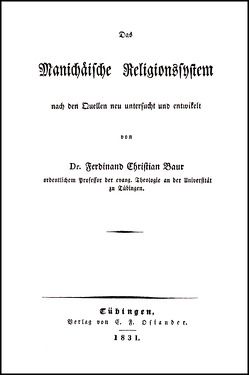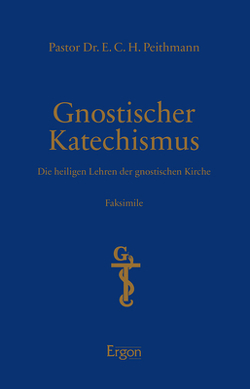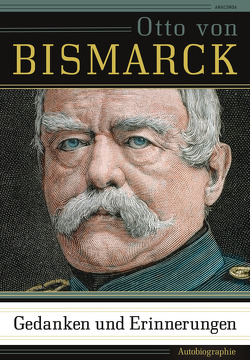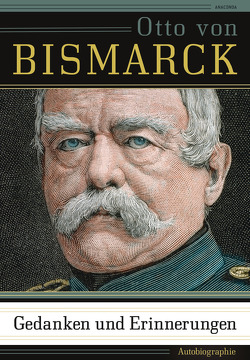Neid und Politik
Eine neue Lektüre des gnostischen Mythos
Takashi Onuki
Takashi Onuki has taken on the task of restudying and clearing up the Gnostic statements on the subject of envy in their historical, cultural and political context, especially in light of the teachings of the Gnostics. To this end he looks at the main motifs of the Gnostic myth and attempts to crystallise the mythological role of envy contained therein.In the Syrian-Egyptian version of Gnosis envy played a major role in the development of the myth. Envy in fact is the structural principle behind the myth. But psychomythical parallelism (G. Theißen) allows us to de-mythologise the myth from a psychological point of view: The Gnostics were encouraged to overcome envy and to re-establish the original state of an envyless life. Politically seen, there was a change in roles here: The Romans, a major player in their system of rule, assumed the role of the “envier” (Jaldabaoth), whereas the Gnostics, the “race with no ruler” or the “true kings,” had the role of the “envied,” even though they had denounced all political activity. In contrast, Manichaeism, which had wandered to the East, assumed an active role in political matters.This volume provides the mythological reasoning that allowed the Manichaeans to participate in politics. The different political position of the two types of Gnosis has to do with the structure of their respective salvation myths. The mythological idea of salvation, on the one hand, and the way one lives one’s life are inextricably connected to a certain political attitude on the other hand. This study thus confirms one of the basic theories of the sociology of religion of Max Weber concerning the connection between religion and society.
